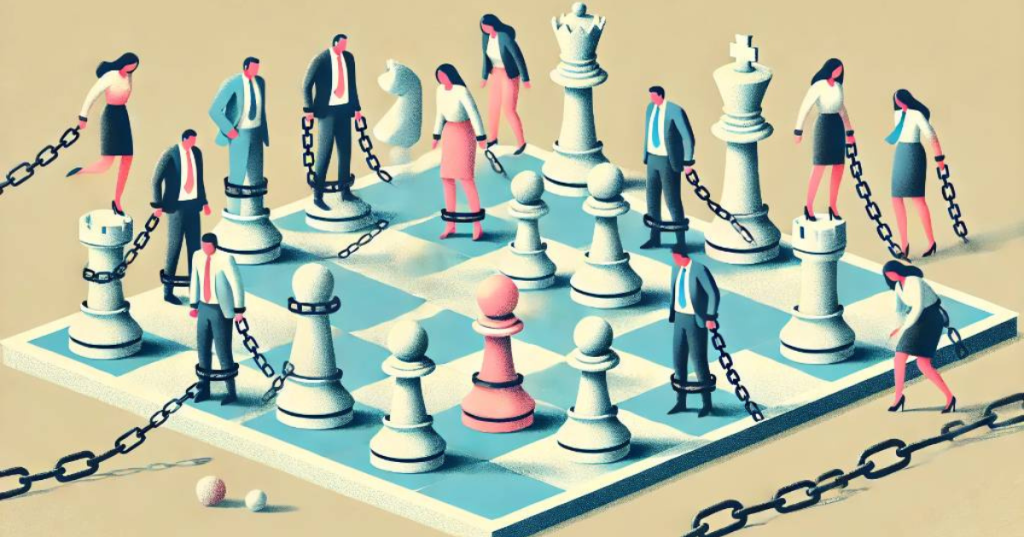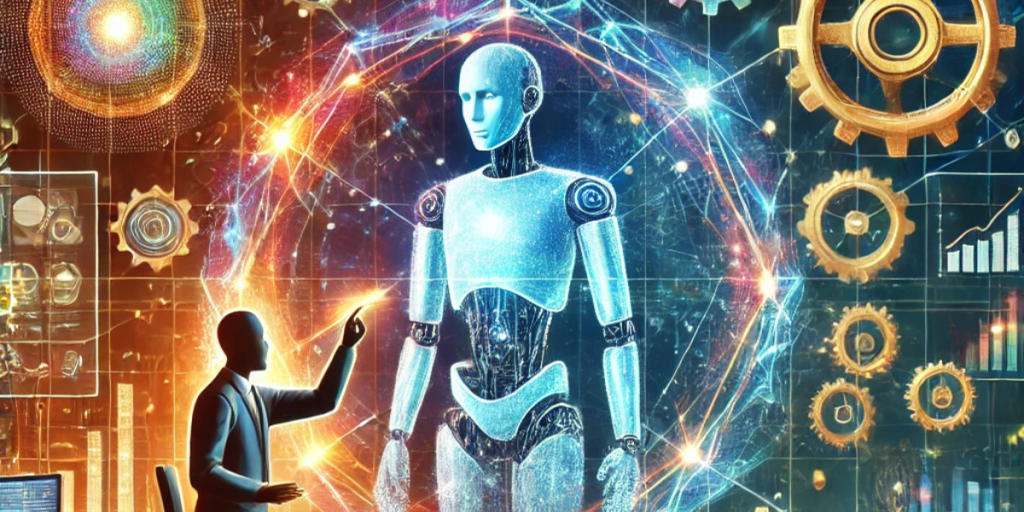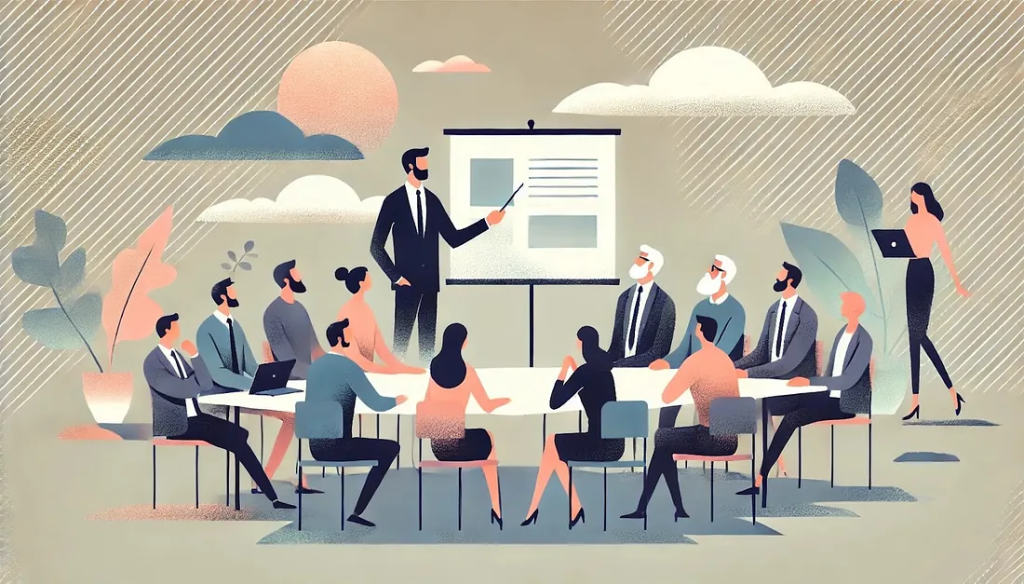Putting the Human Ahead of AI
AI enhances efficiency, but humans drive strategy. While artificial intelligence can process vast amounts of data in seconds, it is human insight and strategic thinking that transform that data into meaningful decisions. The future isn’t just about machines, it’s about how we, as humans, leverage those machines to create smarter, more effective outcomes.
The Human Advantage in an AI-Driven World
AI is revolutionising the way we work, automating tasks, streamlining processes, and providing insights at an unprecedented speed. Yet even the most advanced AI lacks the creativity, emotional intelligence, and strategic foresight that only humans possess.
Human skills such as critical thinking, empathy, and communication are what differentiate successful teams from those that simply follow the data. AI can analyse information, but it takes human judgment to contextualise that data and make decisions that align with business goals and ethical considerations.
Why does this matter? Because in an AI-driven world, it is the combination of technology and human ingenuity that drives innovation and long-term success.
"AI accelerates data processing, but it's human creativity and strategic thinking that transform information into actionable decisions."
– Phil Yeoman
The Key to Staying Ahead
At Future Learning Group (FLG), we recognise that while AI is transforming industries, it is POWERskills like leadership, communication, and problem-solving, that keep organisations ahead of the curve. These skills enable leaders and teams to adapt to rapid changes while maintaining a clear focus on strategic objectives.
Our programmes empower teams to master these essential capabilities through immersive learning experiences, ensuring they are equipped to navigate the complexities of an AI-powered future.
What are POWERskills?
Strategic Leadership: Making informed decisions with a long-term vision.
Collaboration: Fostering seamless teamwork across diverse groups.
Adaptability: Thriving in ever-changing business environments.
These human-centred skills not only complement AI but also ensure that technology serves people, not the other way around.
Future-Proofing Your Workforce with FLG
At FLG, we go beyond technical training. Our approach focuses on empowering leaders and teams to harness both AI and human ingenuity effectively. By combining cutting-edge technology with vital power skills, we ensure your workforce is ready to lead in an AI-driven world.
Here’s how we future proof your team:
✅ Interactive Learning: Hands-on experiences that bridge the gap between theory and practice.
✅ Leadership Development: Cultivating the mindset and skills for effective decision-making.
✅ Collaborative Tools: Enhancing communication and teamwork across all levels of the organisation.
The future belongs to those who lead it. And at FLG, we’re here to ensure you’re always one step ahead.
Where Innovation Meets Leadership
In a world where AI continues to shape how we live and work, the human touch remains irreplaceable. It is human creativity, empathy, and leadership that will shape the future of business and society.
At FLG, we believe that innovation and leadership go hand in hand. We empower organisations to not only adapt to AI-driven changes but to lead them, ensuring that technology enhances human potential rather than replacing it.
Are you ready to lead the future? Let’s connect! Explore how Future Learning Group can support your team or organisation to stay ahead, where innovation meets leadership, and the future is yours to lead.



